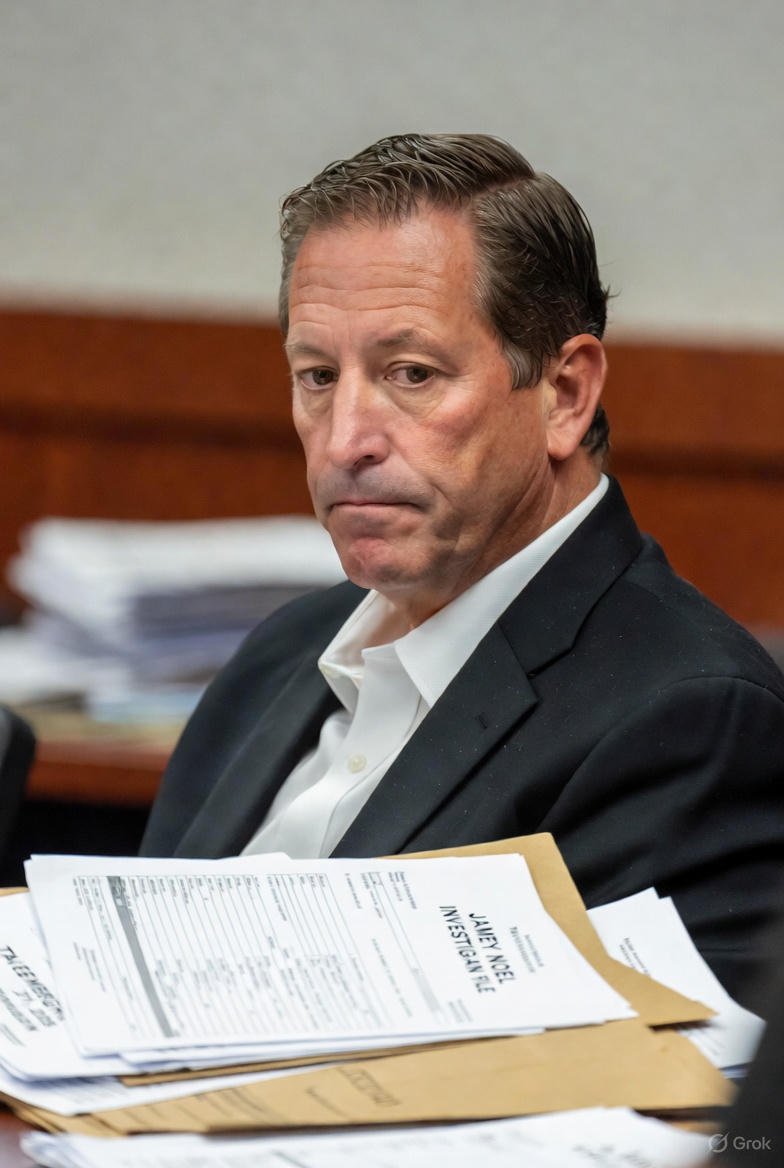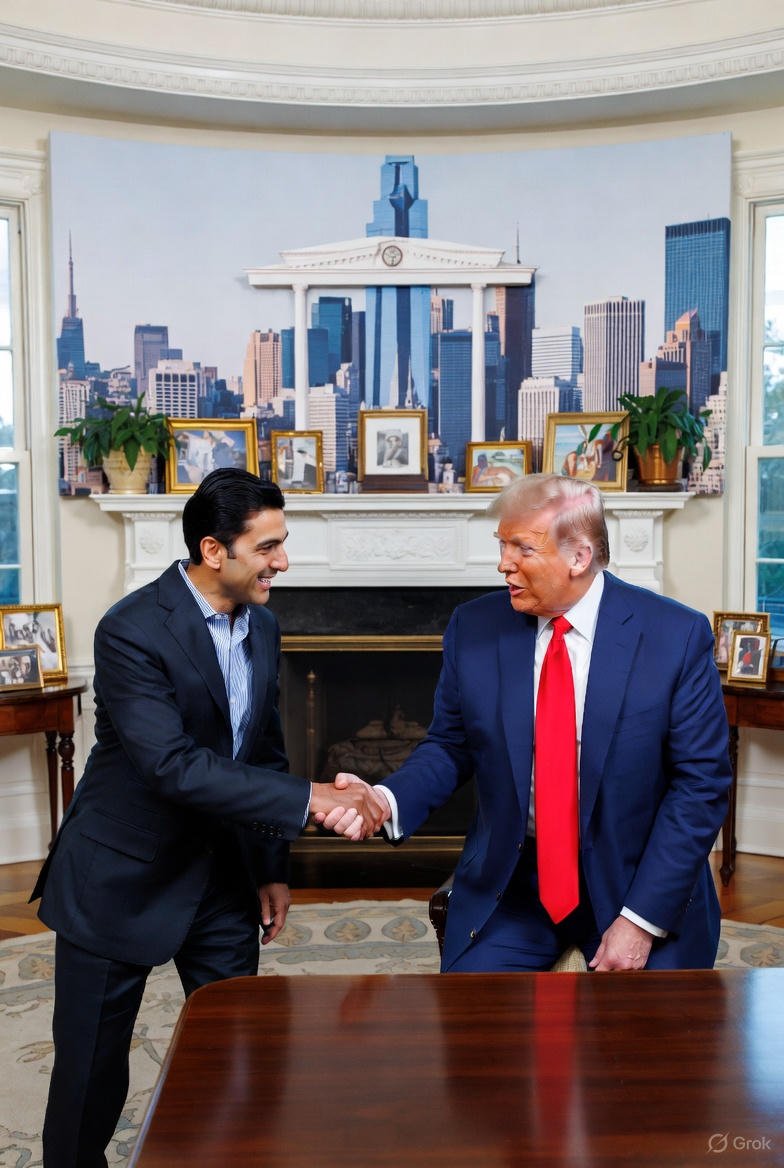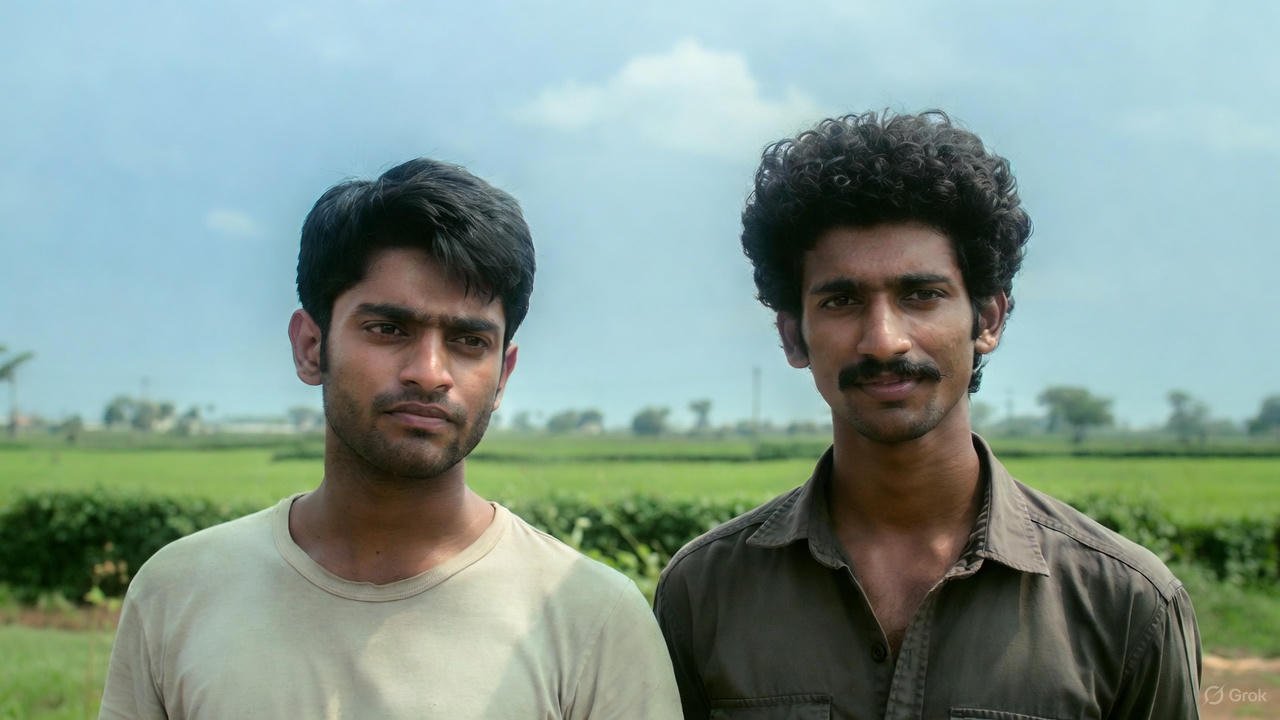The Australian Senate descended into a prolonged and bitter confrontation on Monday, November 24, 2025, as “Pauline Hanson”, the controversial leader of the One Nation party, deliberately provoked a parliamentary attention. In a planned and highly condemned spectacle, Senator Hanson entered the Senate chamber fully covered in a burqa, reigniting the long-running national debate over religious attire, identity, and Islamophobia. This dramatic act in senate is a direct protest against the blocking of her proposed bill to ban full-face coverings, resulted in the suspension of proceedings and universal condemnation across the political spectrum.
The Delebrate Provocation:
The incident began shortly after the Senate voted down Senator Hanson’s private member’s bill, which sought to impose a national ban on all full-face coverings, including the burqa and niqab, in public places. Visibly frustrated by the defeat, Ms. Hanson executed her protest, mimicking a similar, widely condemned action she performed in 2017.
Wearing the black garment, she took her seat in the chamber, instantly creating a tense and volatile atmosphere. Her intention, as later stated, was to highlight perceived security risks associated with the covering and to protest against what she calls the “oppression of women” and “radical Islam”. However, for many, the action was seen not as a policy protest, but as a calculated act of Islamophobia designed to incite division and fear.
Parliamentary Stand-Off and Suspension
The reaction from Senators was swift and furious. Senator Sue Lines, the President of the Senate, immediately demanded Ms. Hanson remove the garment.
“Senator Hanson, you are asked to remove that item of clothing. It is not appropriate for the decorum of this house, nor is it respectful to the proceedings,”President Lines stated firmly”.
Senator Hanson defiantly refused to comply, citing her right to protest and draw attention to the national security and social issues she perceives. The refusal forced the hand of the Government and Opposition, who collaborated on a motion to suspend the One Nation leader for failing to obey the Chair and for engaging in conduct deemed disrespectful to the Senate.
Following the successful vote for her suspension, Ms. Hanson still refused to leave the chamber. The resulting procedural deadlock forced President Lines to take the extreme measure of suspending the entire Senate sitting for nearly two hours. This rarely invoked measure underlined the severity of the crisis and the refusal of the Parliament to allow the chamber to be used as a stage for what was widely viewed as a racist performance. Proceedings resumed only after Ms. Hanson was forcibly escorted out of the building.
A Chorus of Condemnation
The public and political response to the senate drama was immediate and overwhelmingly negative, eclipsing the attention the One Nation party might have hoped for regarding their failed bill.
Greens Senator Mehreen Faruqi called the act a display of “blatant, vile racism and Islamophobia”, arguing that Ms. Hanson was using the Parliament’s platform to normalize hatred against Australian Muslims.
Independent Senator Fatima Payman, the youngest serving Senator and the first to wear a hijab in the chamber, delivered an impassioned rebuke. She described the stunt as “abhorrent” and a “cowardly attack” on a minority group’s religious freedom, asserting that Ms. Hanson’s actions actively endangered Muslim women who wear the attire in public.
The Government, through Foreign Minister Penny Wong, led the censure, stating the behavior was “not worthy of a Parliamentarian” and constituted a profound act of disrespect to the house and the community.
Even the Opposition’s Deputy Senate leader, Anne Ruston, joined the criticism, highlighting the necessity of maintaining parliamentary decorum and mutual respect across party lines.
Australia’s special envoy to combat Islamophobia, Aftab Malik, issued a warning that Ms. Hanson’s actions were counterproductive and risked escalating real-world threats and violence faced by Muslim women, who are often targeted for wearing such religious garments.
Hanson’s History and Future Divisions
This is not the first time the Queensland Senator has used the burqa for political gain, having worn one in the Senate in 2017 while calling for a similar ban. Her consistent focus on anti-immigration, anti-Islam, and populist policies has defined her political brand.
The controversy highlights the enduring ideological rift within the Australian Parliament. While Senator Hanson’s actions were globally condemned as an exercise in prejudice, her continued electoral success in certain regional areas shows that her ultra-nationalist and anti-immigration rhetoric retains a base of support. The senate drama may be over for now, but the fundamental divisions over identity, immigration, and religious freedom that Ms. Hanson deliberately exploits will continue to challenge the core values of Australia’s democratic institutions.














